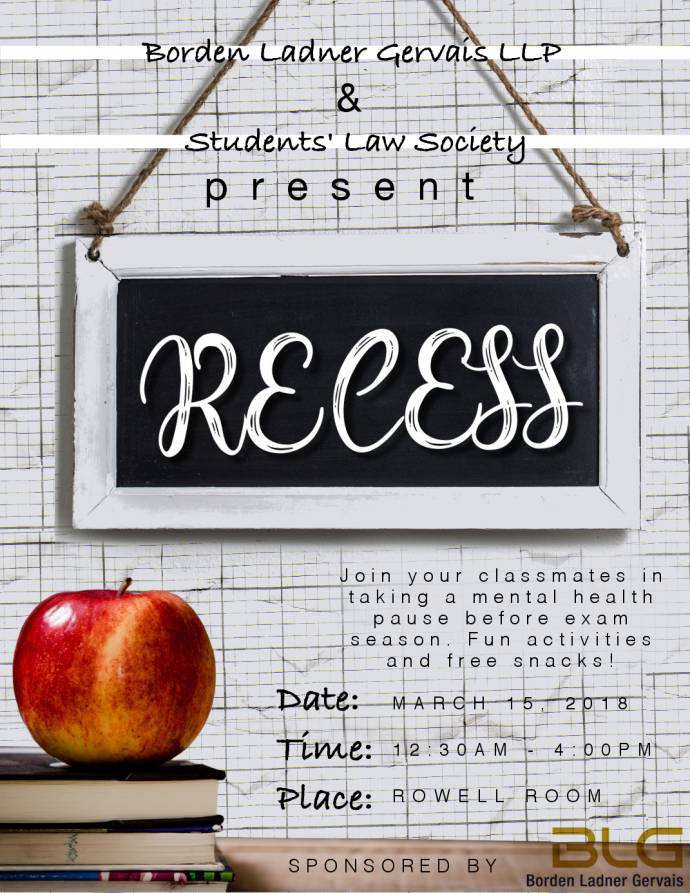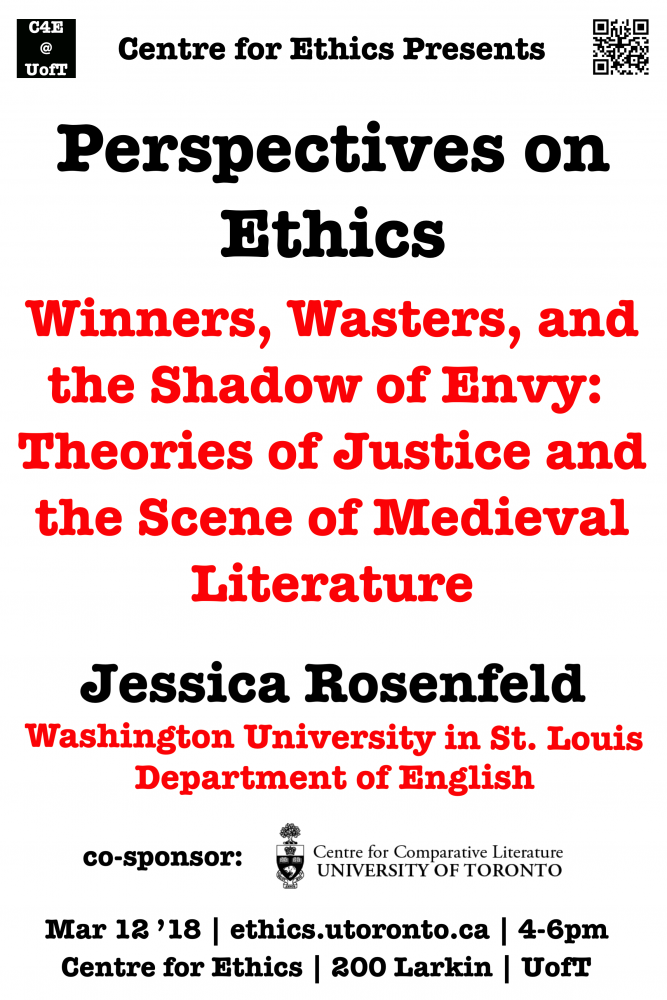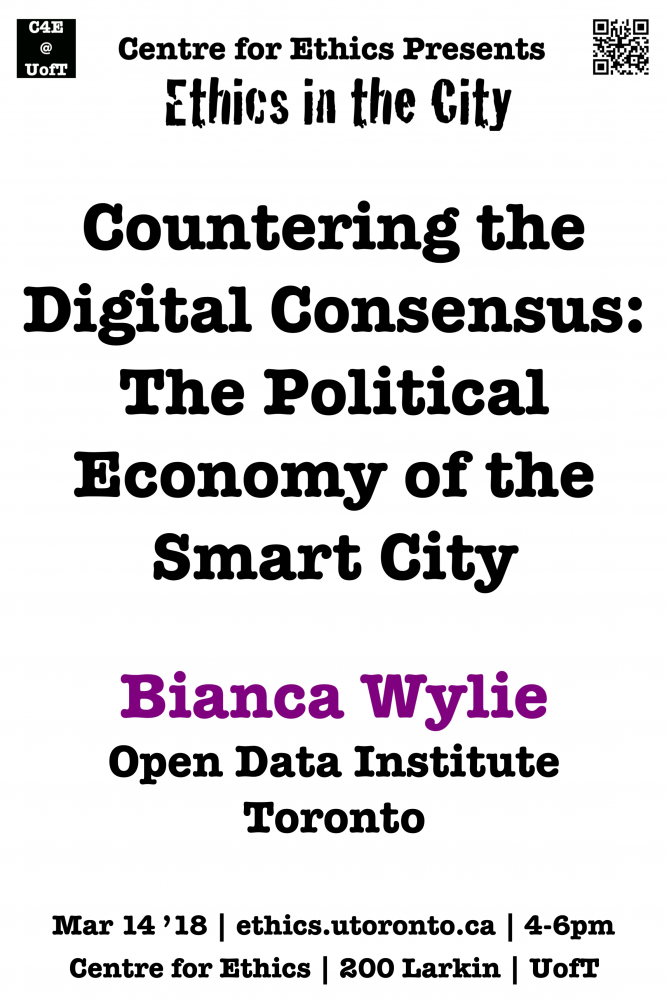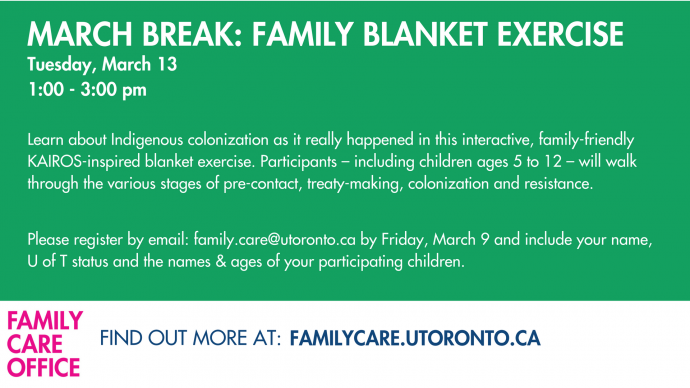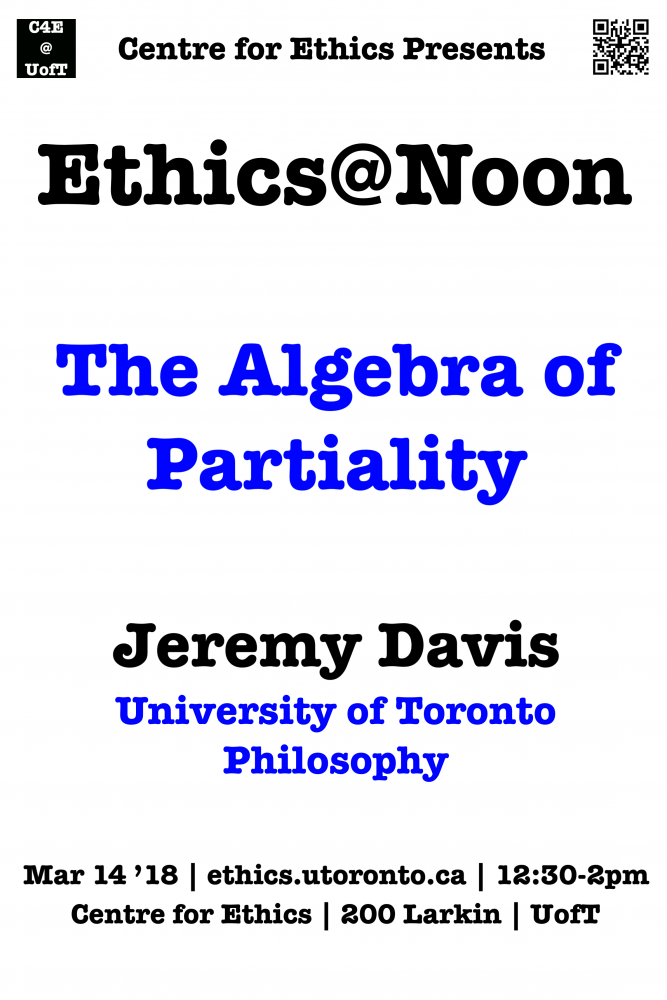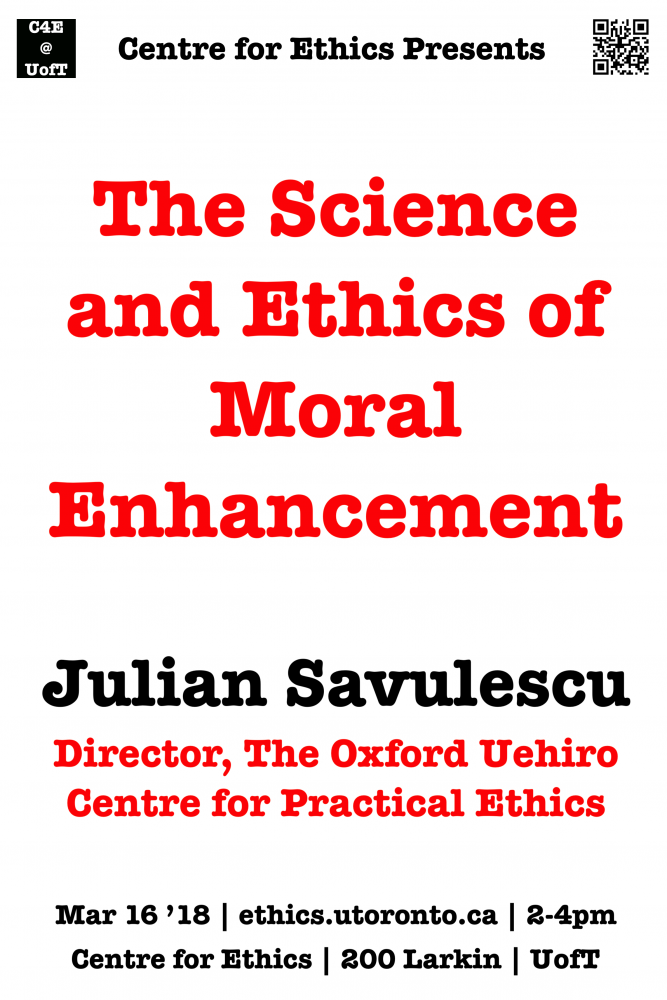Postdoctoral Fellowship in Ethics at the Centre for Ethics
University of Toronto
Applications are invited for a postdoctoral fellowship to be held at the Centre for Ethics, University of Toronto (C4E), during the 2018-19 academic year. We welcome candidates with research interests from diverse backgrounds including, but not limited to, philosophy, law, political science, the social sciences, the humanities, computer science, engineering, and technology studies, that further the C4E’s mission as an interdisciplinary centre aimed at advancing research and teaching in the field of ethics, broadly defined, by bringing together the theoretical and practical knowledge of diverse scholars, students, public servants and social leaders in order to increase understanding of the ethical dimensions of individual, social, and political life. To get a sense of the wide disciplinary range and diversity of C4E events, activities, and projects, please consult the C4E website (http://ethics.utoronto.ca).
Under the direction of the Director, Centre for Ethics, the successful candidate will conduct ethics-related research and help to develop an interdisciplinary ethics community across campus and to foster public discourse on issues of ethical import in all aspects of individual, social, and political life, by facilitating and participating in C4E events, activities, and projects. The successful candidate will also be expected to teach one single-semester course in each of the fall and winter terms.
The appointment term is from August 1, 2018 to July 31, 2019, at a combined research and teaching stipend of $51,000 per year.
Applicants must have completed all requirements for their doctorate by July 31, 2018. Candidates must also be no more than 5 years from the awarding of their degree, and cannot have accepted or hold a tenure-track position.
To apply, please submit a cover letter of application, a current CV, and a sample of written work online here. Applicants also should arrange to have three confidential letters of reference sent directly to the same email address; at least one of the reference letters should speak to the applicant’s teaching experience and ability.
Complete applications received by April 15, 2018 will be given priority; however, the position will remain open until filled. Any additional inquiries may be addressed to the Centre Administrator at ethics@utoronto.ca.
Employment as a Postdoctoral Fellow at the University of Toronto is covered by the terms of the CUPE 3902 Unit 5 Collective Agreement. Teaching will be covered by the terms of the CUPE 3902 Unit 1 Collective Agreement. This job is posted in accordance with the CUPE 3902 Unit 5 Collective Agreement.
The University of Toronto is strongly committed to diversity within its community and especially welcomes applications from racialized persons / persons of colour, women, Indigenous / Aboriginal People of North America, persons with disabilities, LGBTQ persons, and others who may contribute to the further diversification of ideas.
Date of posting: March 1, 2018
Deadline: April 15, 2018

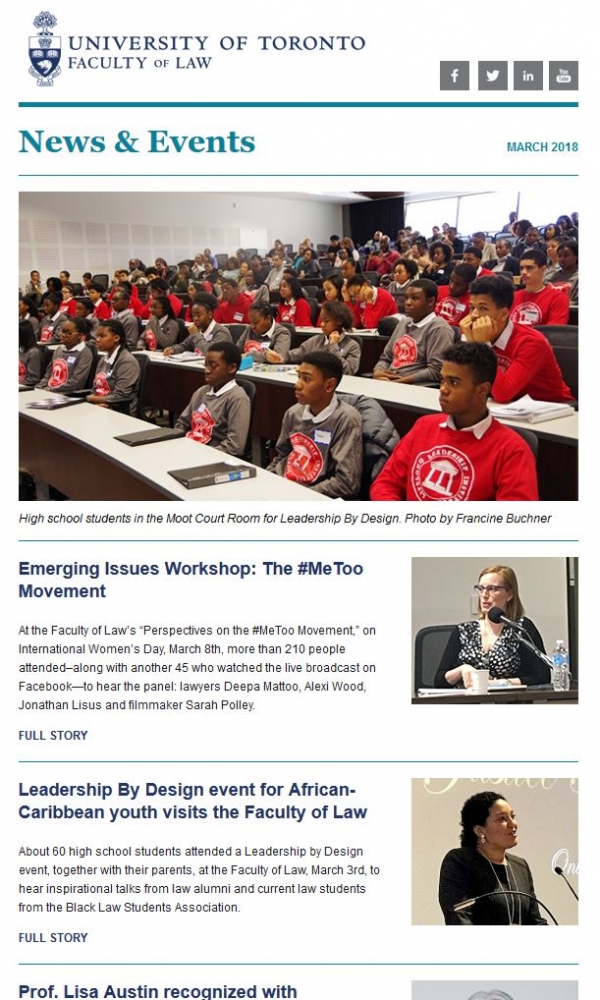


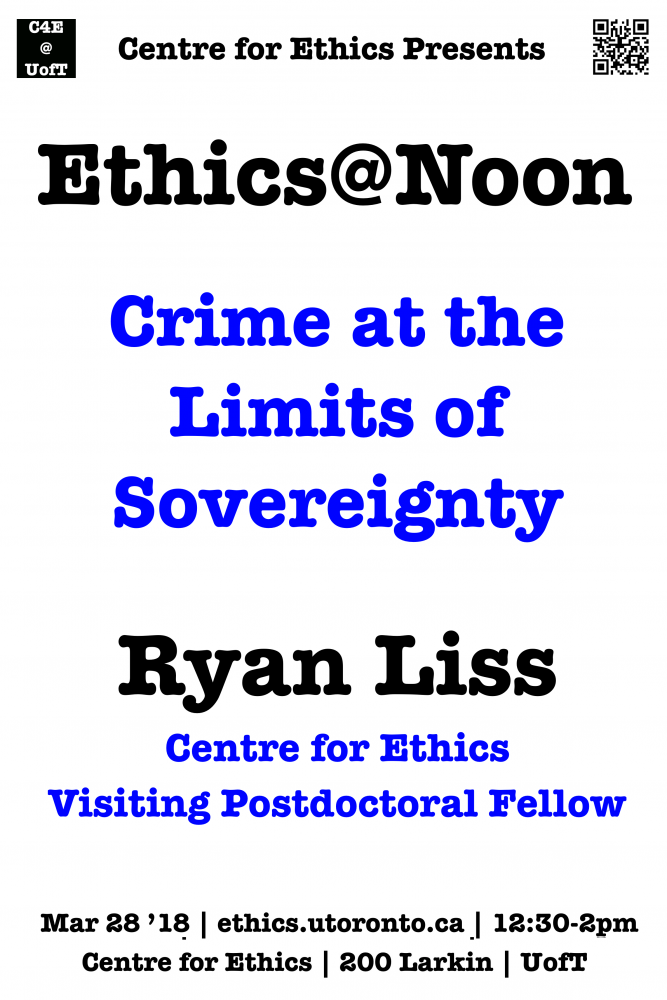
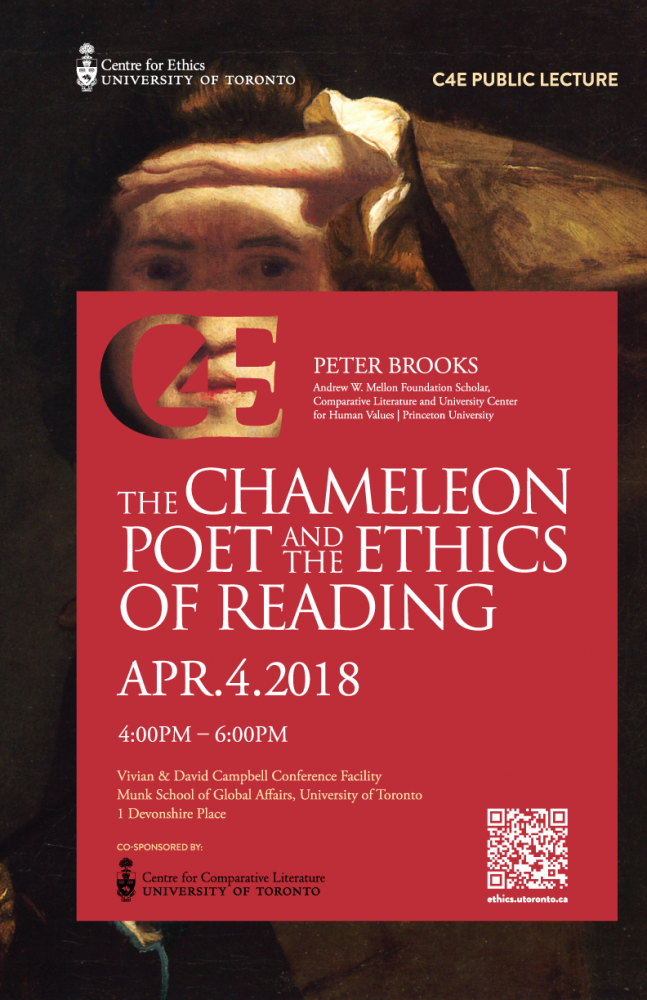

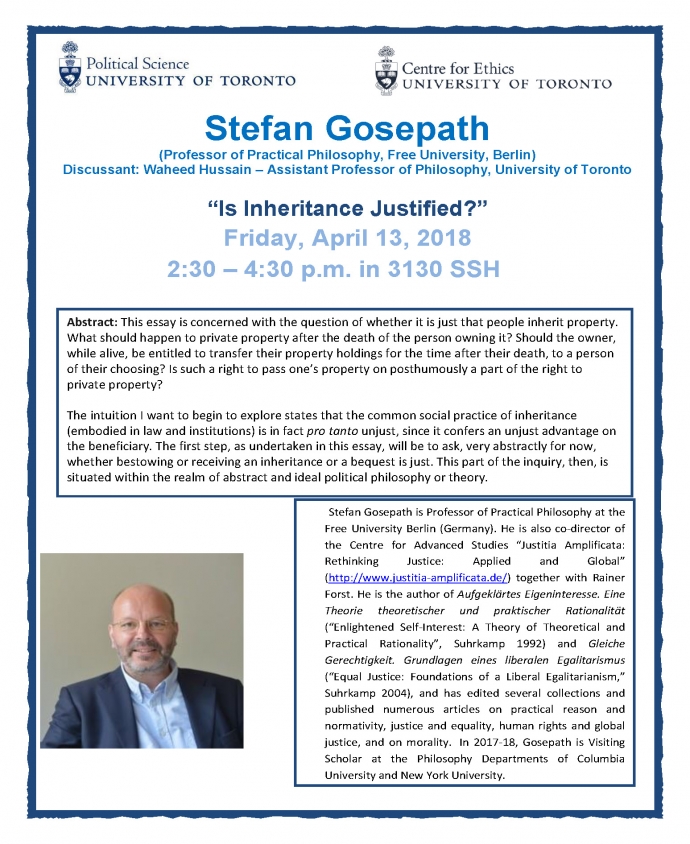
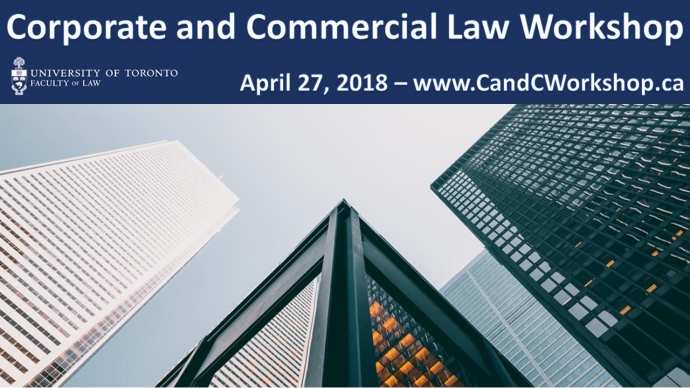
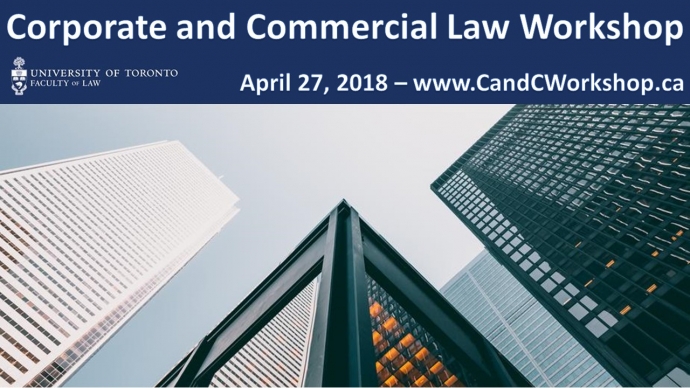

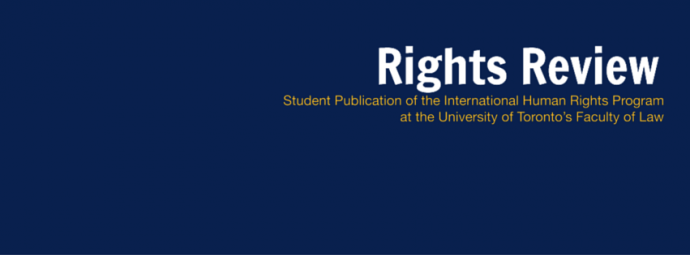

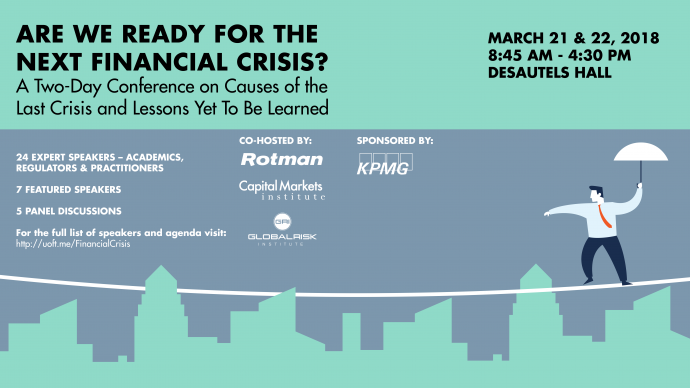
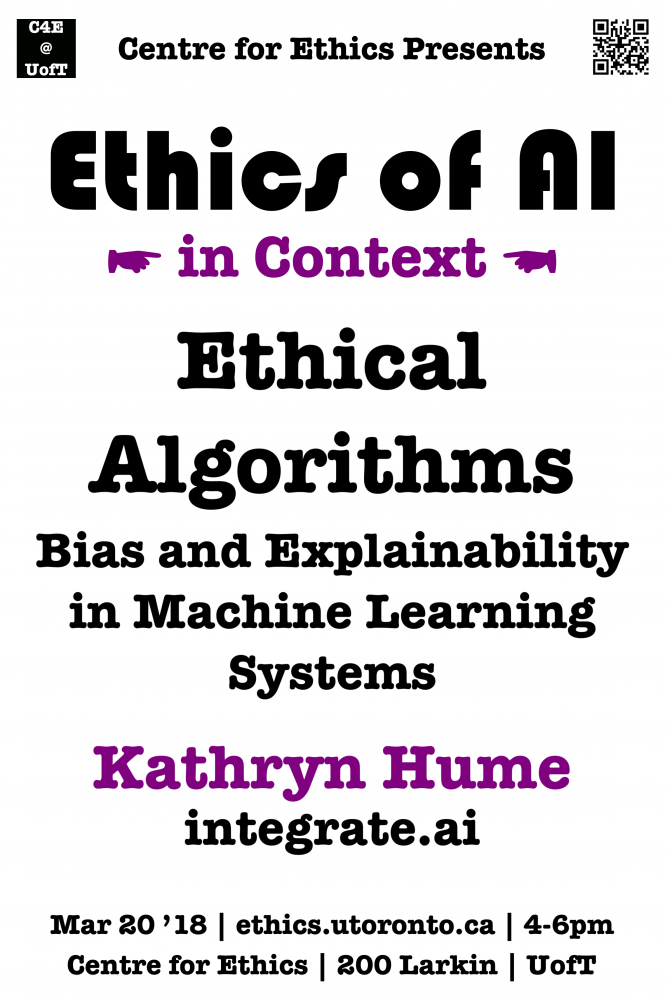
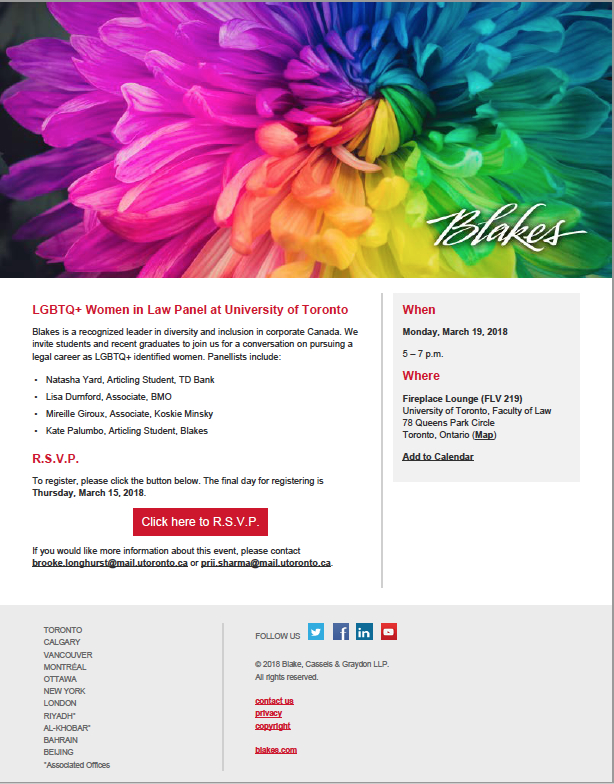
 Now is the time to shape the international debate about the ethics of artificial intelligence, and U of T is the place to begin. Toronto is already a global centre for AI research.
Now is the time to shape the international debate about the ethics of artificial intelligence, and U of T is the place to begin. Toronto is already a global centre for AI research. Can international law help avert dangerous climate change?
Can international law help avert dangerous climate change?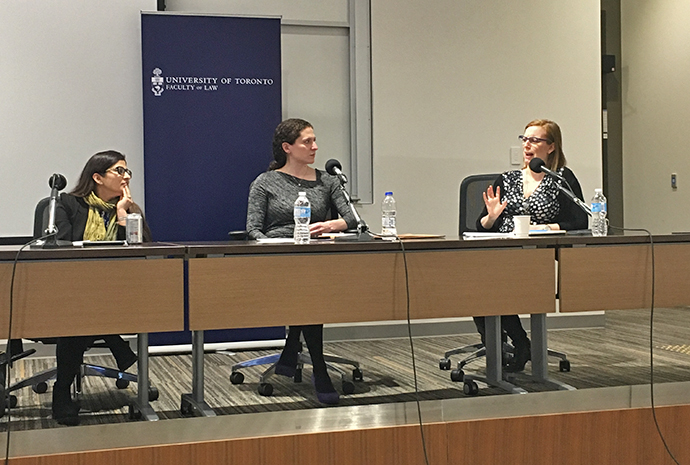 Deepa Mattoo, legal director at the Barbra Schlifer Clinic, lawyer Alexi Wood, filmmaker Sarah Polley
Deepa Mattoo, legal director at the Barbra Schlifer Clinic, lawyer Alexi Wood, filmmaker Sarah Polley

